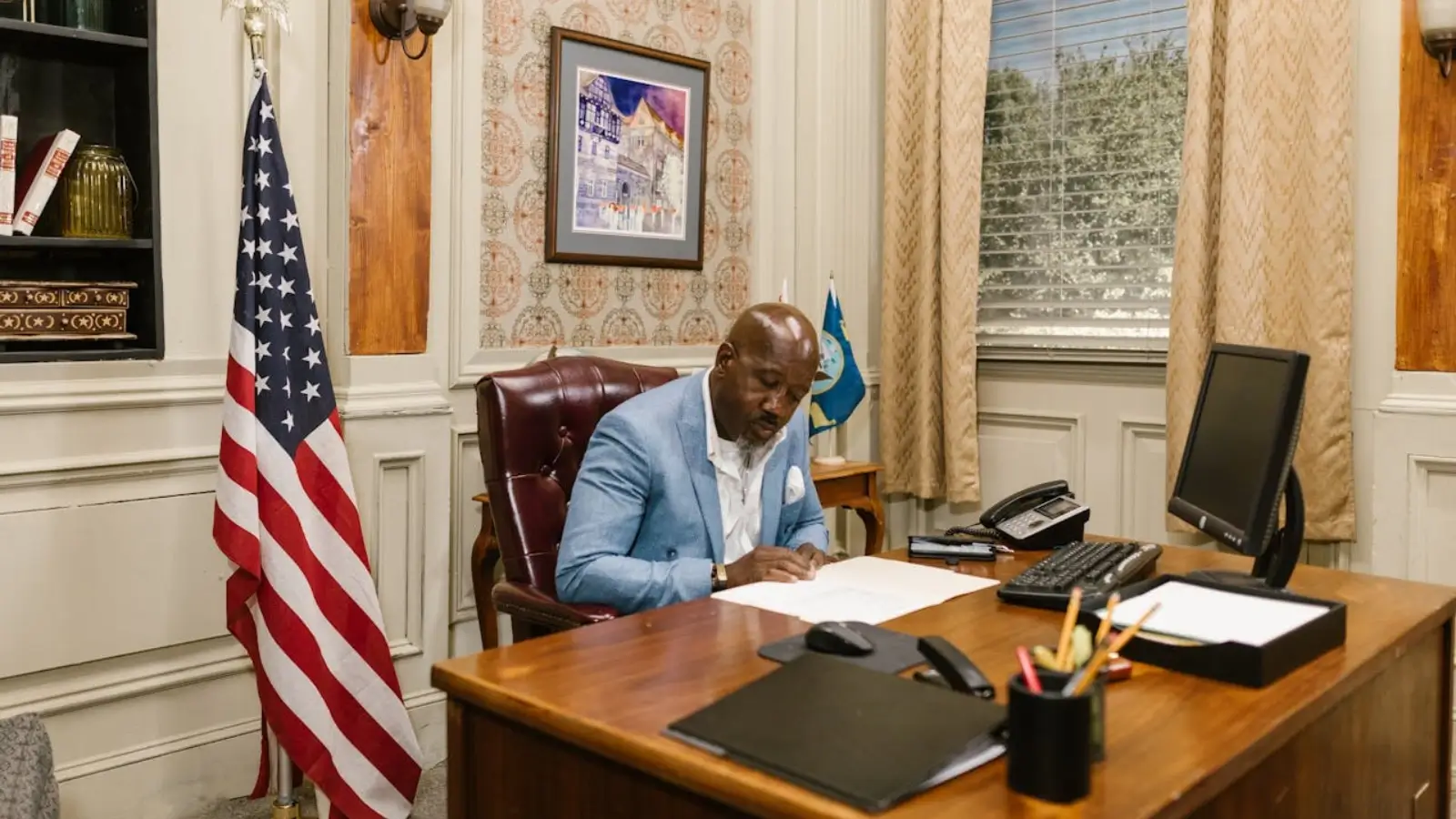The media has successfully damaged many people's psyches by depicting divorces as high-stakes and dramatic. They portray an image of bitter spouses arguing vehemently to convince a judge about their case. Although divorces are typically emotional, tiring, and likely costly due to legal processes, they are not often dramatic.
Several factors, like the couples involved, professionals, and issues at stake, affect the duration of a divorce. However, the process can be quicker and seamless when you adopt a collaborative approach to your divorce.
This piece dissects collaborative divorce, conditions where it will work and otherwise, and its procedures.
Understanding a Collaborative Split
A collaborative divorce is a dissolution approach where the partners mutually consent to discuss the terms of a marital settlement agreement with the guidance of collaboratively trained lawyers. You can also involve other collaboratively trained professionals if necessary.
The out-of-court procedure and the streamlined process make a collaborative divorce ideal for many couples.
The Modus Operandi of Collaborative Divorce
If you want to follow this pathway, knowing what to expect from this procedure is essential. The collaborative split procedure commences with an informal consensus between the spouses involved. You and your spouse must express the readiness to end the union collaboratively.
You and your partner will then engage divorce lawyers in the collaborative split process. Such lawyers should be knowledgeable about using alternatives to litigation.
You will meet privately with your legal representative to highlight your expectations from the negotiation and possible areas of compromise. This meeting will allow you to set the tone of the discussion with the other side. Although you intend to adopt a collaborative approach, your lawyer must prioritize your interests and advocate for your needs.
Depending on the peculiarities of your case, you can add other collaboratively trained experts to the team to help you and your partner through the journey. The team may include child specialists, divorce coaches, and financial advisors.
All parties and professionals in the case must sign a contract highlighting the conditions of participation in the collaborative law procedure. You and your partner will sign a formal settlement agreement that your lawyers draft after concluding the negotiations. You will eventually submit the signed document to the court for approval under the uncontested divorce process.
Conditions Under Which Collaborative Divorce Will Work
The spouses involved must genuinely commit themselves to the process for a collaborative split to be successful. You must agree with your partner that you will handle the process civilly, collaboratively, and transparently. A collaborative divorce saves you from the contentions often associated with a contested divorce.
A collaborative divorce can only work when you approach it with a win-win mentality. This mindset will help you compromise and minimize unnecessary fights over assets and custody. It will also limit the emotional trauma that contentious divorces come with.
By involving neutral professionals, you and your spouse can quickly agree on an equitable division of assets and a custody arrangement that prioritizes your kids' best interests. A collaborative divorce is devoid of enmity, helping all parties focus on an ideal settlement to help them move on.
Conditions That Can Make a Collaborative Divorce Fail
It is essential to note that collaborative divorce is not a one-size-fits-all approach; there are conditions under which it will not work. For instance, it is inappropriate for a high-conflict divorce. Lack of accountability, blame trading, the quest to conceal assets, the attempt to use the children to blackmail each other, and emotional outbursts are the attributes of a high-conflict divorce.
“A collaborative divorce cannot work when the spouses have a “win-lose” mentality,” says divorce attorney Matthew Dolan. If your relationship has been marked by significant conflict, including domestic violence, it's crucial to prioritize the well-being of yourself and your children. A collaborative divorce may not be the best option in such a case.
That is why you should involve a legal professional early to help them analyze your condition and determine if a collaborative divorce will work. Collaborative divorce will fail when one or both parties lack a strong desire for the amicable resolution of your differences. In other words, do not think of a collaborative approach if your partner is unyielding.
You must assess the distinctive factors of your case to know the suitability of a collaborative split. Suppose you decide to take the collaborative pathway. In that case, you and your partner will sign a contract that, if it fails, your respective attorneys will not represent you during the litigated divorce. You will engage a new legal team, increasing your expenses.
Why You Should Consider a Collaborative Divorce
There are numerous benefits to agreeing to a collaborative divorce. It is quick and cost-effective, saving you from the overwhelming and emotionally draining court process. Collaborative divorce allows you to discuss how to move forward freely with your partner.
When you adopt a collaborative divorce approach, you and your spouse decide the pace of the divorce. It reduces emotional turmoil and helps you develop a win-win mindset.
Conclusion
It is not a guarantee that divorce will be complex and exhausting. Despite the many benefits of collaborative divorce, you still need a skilled local divorce law attorney to advocate and defend your interests.

















